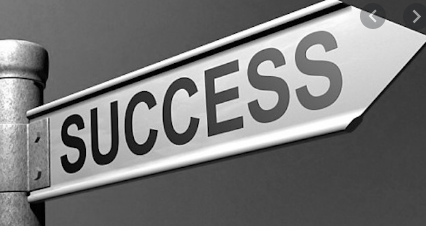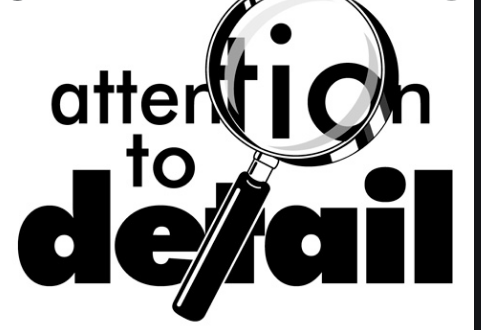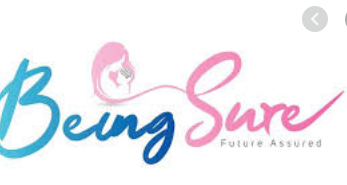You may have noticed that the consulting industry is full of high performers from top schools with great grades and interesting work experience. So, what does it take to make a consultant remarkable? Do these consultant success attributes work in such a competitive industry among the best of the best?

From my experience, there are a number of attributes that top performers adopt that are much more important than a golden resume. Whether you’ve just started a consulting job or are considering it as a career path, think about how you can develop the following qualities that will help you go from being a good consultant to a remarkable one.
Attention to detail

This is such a crucial skill in consulting because one of the ways we build trust with clients is by producing error-free deliverables, which shows that we’re thorough and our recommendations are solid.
Ensuring there are no grammar, spelling, or calculation-related mistakes are in your work is essential and ultimately reflects on your entire team.
If you have a natural attention to detail, you will do well! But if, like me, you are more of a big picture thinker, there are a few tricks I’ve learned to help build this important skill. First, when it comes to math, show your work.
I know this sounds like your high-school teacher talking, but this always helps to ensure you’ve thought of everything and allows you to show your manager the steps you took to get to your answer (and find any errors before it reaches the client).
The second step—and the one that has turned me slightly OCD—is to create lists of things to double-check before submitting anything. For example, I have a PowerPoint check-off list that includes things like adding page numbers to every slide, recalculating all numbers, and making sure a consistent font is used throughout.
Know how to think on the fly
Almost all consultants are A-type personalities with enough ambition to last a lifetime. But what really distinguishes a good consultant from a great one is the ability to not only focus on the tasks at hand but also to think critically about the work.
For example, your client may be asking you to find cost savings in a supply chain, but first, try to understand why this is critical to the business. Are profits declining? Is the competition lowering product prices, forcing your client to compete? Knowing how to think this way will help you develop better insights and solutions for your client.
Try spending a little extra time thinking through your task before jumping in, interpret the numbers you’re crunching (don’t just be an Excel monkey!), and challenge your manager’s requests (when appropriate, of course).
Being the “go-to” guy
During your first few years of consulting, you’ll likely be floating between industries, areas, and clients. Despite your broad experiences, it’s a good idea to start developing a skill that allows you to differentiate yourself from all your rock star peers.
While being a jack-of-all Microsoft trades (Excel, Word, PowerPoint) is definitely needed, the consultants who perform best always have an area that they truly excel in—one that’s in demand and that nobody else seems to have.
Whether that’s advanced financial modeling, communications skills, or a piece of particularly deep knowledge in an industry, take the time to find out what you can become the go-to person for.
Being resourceful
In consulting, you will be asked to solve problems that may be completely new to you—or even completely new to the industry. And when you’re faced with these tough problems or challenging requirements, it’s your resourcefulness that will help you succeed.
While this isn’t quite Outward Bound, you should develop the ability to quickly and creatively solve problems.
As a general rule of thumb, when you need help, you should approach your team and manager first, followed by your peers and internal experts, and then other external resources. There is likely someone who has done what you are trying to do before and can help you find the answer—or at least help you think about new ways to tackle the problem.
Be sure to not give up too quickly, be creative in your research efforts, and show your team that you’re willing to do whatever it takes.
Being sure
This essentially means that you will do exactly what you said you were going to do when you said you were going to do it. Sounds simple, but it’s the number one quality needed to build trust and credibility among your team and your clients.
